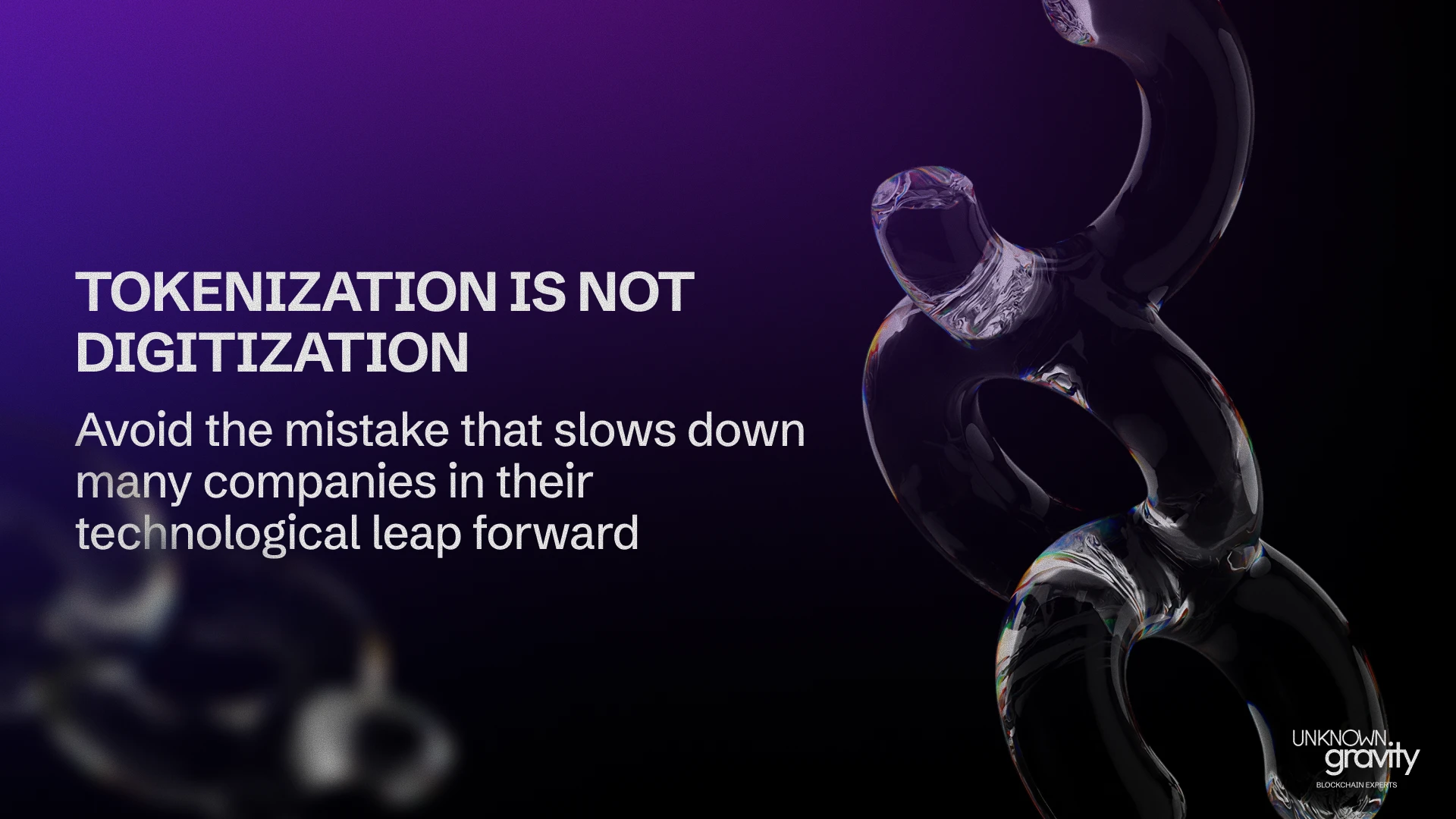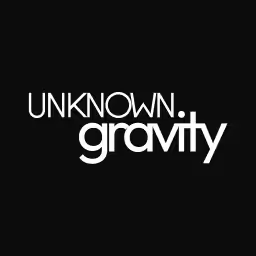In the process of business modernization, terms such as Tokenization, scanning and traceability are often used interchangeably, causing confusion.
However, each one has a different meaning and specific applications.
Confusing these concepts can lead to wrong decisions that delay digital transformation or that do not provide real value to the business.
This article explains in detail what each term implies, their differences and how to apply them correctly to promote the modernization of your company without making mistakes.
What is digitizing a business?
Digitizing means converting traditional processes, documents or services to digital formats to improve efficiency and accessibility.
Common examples:
- Transfer physical files to electronic documents.
- Use digital ERP or CRM systems.
- Automate administrative or production processes.
Digitalization is the first step in digital transformation, focused on replacing analog with digital to optimize operations.
What is tokenizing an asset or process?
Tokenizing involves representing a real asset or right through a digital token on a blockchain.
Tokens can represent:
- Shares in a property or company.
- Rights to a product or service.
- Exclusive access or benefits within a platform.
Tokenization adds properties such as decentralization, the transparency And the automatic transferability thanks to blockchain technology.
What is traceability and how is it related?
Traceability is the ability to track the origin, movements and changes of a product or data throughout its life cycle.
It is used to:
- Ensure quality and authenticity.
- Comply with regulations and audits.
- Improve consumer confidence.
It can be implemented with or without blockchain, and sometimes tokenization makes traceability easier by using tokens that record events in an immutable digital ledger.
Why confusing these concepts can harm your business
- Believing that digitizing is the same as tokenizing:
Digitizing is necessary but not sufficient to take advantage of blockchain. If you're looking for new business models, tokenizing may be the right option, but it's not limited to “digitizing” documents. - To think that tokenizing involves only digitizing:
Tokenizing goes further and requires analyzing regulations, tokenomics design and legal guarantees, not just moving to digital format. - Underestimating traceability and its integration:
Traceability is vital in sectors such as food or pharmaceuticals. Implementing it without adequate technology or with confusion about blockchain can generate worthless costs.
Real cases and tips for correctly applying each concept
Successful digitization
- Companies that migrated their files and processes to ERP systems to gain efficiency and reduce administrative errors.
- Customer service automation with CRM and chatbots.
Tokenization with value
- Startups that release real estate tokens to facilitate fractional investment and liquidity.
- Music platforms that tokenize copyrights to automatically distribute royalties.
Well-implemented traceability
- Agrifood producers who use blockchain to guarantee the origin and quality of their products.
- Pharmaceutical industry that tracks batches to ensure regulatory compliance.
How to modernize your business without errors
- Clearly define your objectives: Do you want internal efficiency (digitalization), open up new sources of income (tokenization) or improve control and trust (traceability)?
- Consult legal and technical experts: Tokenization requires specific regulatory compliance, it's not a trivial process.
- Evaluate current technologies and processes: Not everything requires blockchain; sometimes good digital management software is enough.
- It progressively implements: You can digitize first, then integrate traceability, and then tokenize key assets based on added value.
- Train your team: Explain the differences to avoid erroneous expectations and promote a real digital culture.
Conclusion
Effective modernization of a business requires understanding and accurately applying concepts such as digitalization, tokenization and traceability.
Each one provides different value and requires different technologies, processes and regulations. Confusing them can result in inefficient investments and frustration.
If you want to transform your company with rigor and make the most of the advantages of blockchain technology and digitalization, consult with specialized professionals is essential.
















.webp)
.webp)





































.png)
.webp)
.webp)
.webp)
.webp)
.webp)
.webp)
.webp)
.webp)
.webp)
%20(1).webp)
.webp)
.webp)
.webp)

.png)
.png)
.png)



